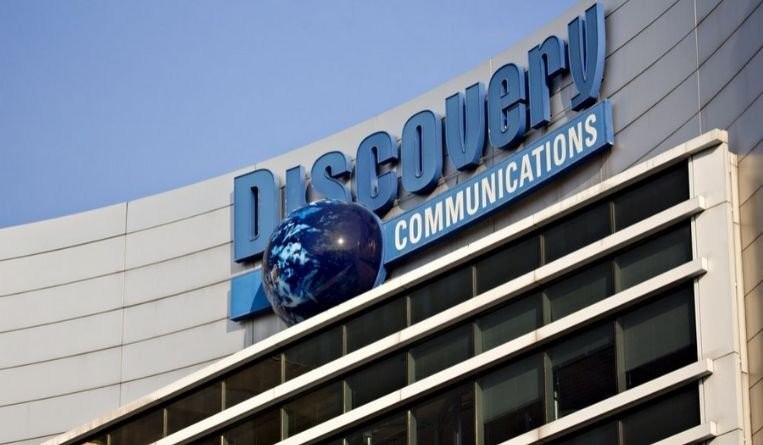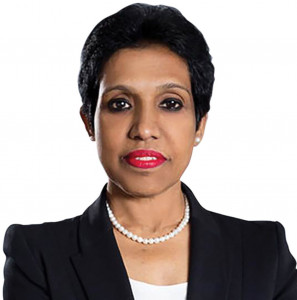Singapore: A-Star Education Discovery Camps Pte. Ltd. v. Discovery Communications, LLC
31 May 2020

.jpg)
In a decision billed by the hearing registrar as a David and Goliath clash, Discovery Communications, (the opponent), a corporate media giant of Discovery Channel fame, brought opposition proceedings against the application of A-Star-Education Discovery Camps Pte. Ltd. (the applicant) to register the mark Discovery Camps mark shown right (the application mark) (Singapore Trade Mark No. 40201714407Q).
The Principal Assistant Registrar (PAR) of the Intellectual Property Office of Singapore held that the opposition failed on each of the grounds raise
The application mark
The goods and services covered by the application mark include those in i) Class 9 (including educational materials in various electronic media); ii) Class 16 (including educational materials in printed form); and iii) Class 43 (including childcare services and holiday camps services).
The opposition marks
The opponent cited relied upon several of its earlier registered trade marks to oppose the application mark as follows (the opposition marks):
Opponent’s grounds
Similar marks and goods
Distinctiveness. The PAR held that there was a low level of overall distinctiveness in the word “DISCOVERY”, given that i) the meaning of the word has some nexus to the goods concerned; and ii) there are many other registered trademarks in use containing the said word.
Similarity of marks. Embarking on a detailed examination of the visual, aural and conceptual similarity of the competing marks, the PAR found the competing marks to be on the whole more similar than dissimilar, save that items 1, 8, and 9 of the opposition marks were visually more dissimilar.
The PAR’s observations on visual similarity bear noting. The PAR held that the word “DISCOVERY” in items 2 to 7 of the opposition marks was dominant as it was coupled with a suffix that is only descriptive of the services rendered. This was sufficient to make the said opposition marks visually similar to the Discovery Camps logo, notwithstanding the stylization in the latter. On the other hand, i) items 1 and 9 contained a device (the elided globe on the letter D); and ii) item 8 contained the word THE, both of which made the said marks dissimilar to the application mark.
Similarity of goods and services. The PAR found that there is some similarity between the goods of the competing marks in Classes 9 and 16. Moreover, there was meaningful and complementary overlap between the applicant’s Class 43 services and the opponent’s Class 39 services.
Likelihood of confusion. Notwithstanding her observations above, the PAR held that opposition would fail as there was no likelihood of confusion for: i) there was little distinctiveness in the word “DISCOVERY”; ii) the opponent’s strong reputation reduces the likelihood of confusion; and (iii) consumers will exercise fastidiousness in selecting the types of goods and services covered by the application mark.
The PAR was not convinced by the evidence tendered and rejected the opponent’s argument that its marks form a larger family of “DISCOVERY” marks and consumers would associate the application mark as an addition to its family of marks.
Well-known marks
The PAR was of the view that while the opponent’s marks are well-known in Singapore, the opponent could not rely on this provision as there was no likelihood of confusion to start with. The opponent also failed to prove the extensive use and promotion of its marks that was prerequisite to showing that its marks were “well known to the public at large in Singapore” (which would have obviated the need to show confusion).
Conclusion
This decision provides a case study into a scenario commonly faced by trademark practitioners: a small local firm takes on an international giant with a worldwide brand. However, even Goliath cannot prevail all the time have difficulty prevailing if its mark is not inherently distinctive to begin with; moreover, its reputation can be a hindrance as it lessens the likelihood of confusion.









